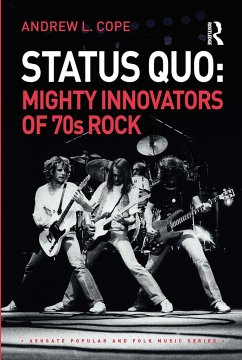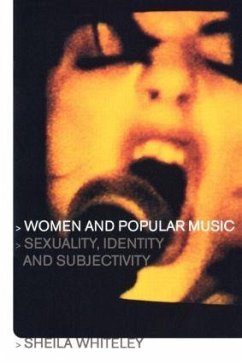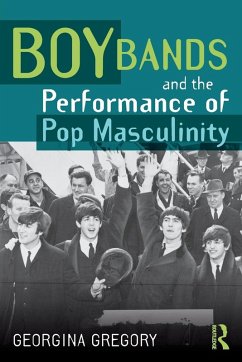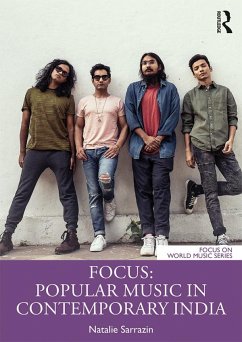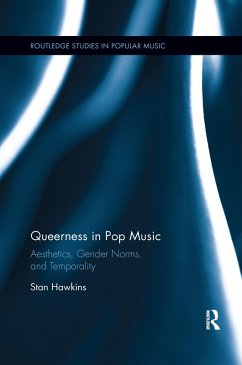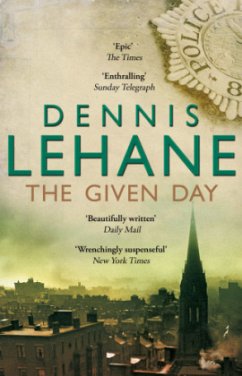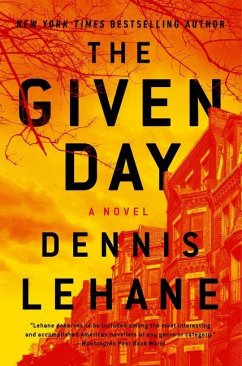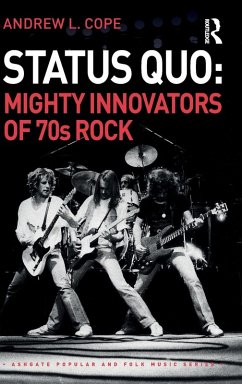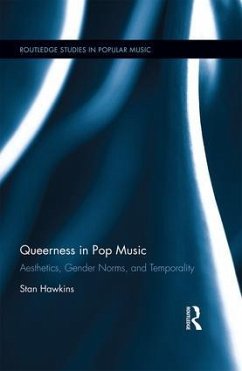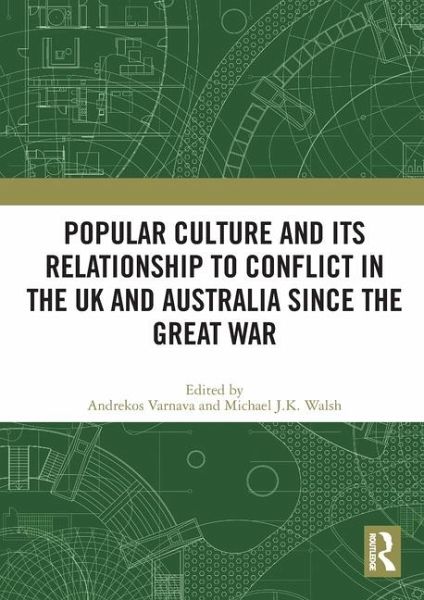
Popular Culture and Its Relationship to Conflict in the UK and Australia since the Great War
Versandkostenfrei!
Versandfertig in 6-10 Tagen
43,99 €
inkl. MwSt.
Weitere Ausgaben:

PAYBACK Punkte
22 °P sammeln!
This book shows how cultural production derived from, or in anticipation of, conflict can be used to create specific social identities, national histories, and contemporary concepts of memory in Britain and Australia.Studies on the politics of cultural production have usually focussed on one conflict, or on one particular cultural medium, at a time. This volume, however, presents a broader horizon to draw attention to more popular forms of cultural production from the Great War up to and including its Centenary. The chapters in this volume interrogate the contentious philosophical notion that ...
This book shows how cultural production derived from, or in anticipation of, conflict can be used to create specific social identities, national histories, and contemporary concepts of memory in Britain and Australia.
Studies on the politics of cultural production have usually focussed on one conflict, or on one particular cultural medium, at a time. This volume, however, presents a broader horizon to draw attention to more popular forms of cultural production from the Great War up to and including its Centenary. The chapters in this volume interrogate the contentious philosophical notion that culture thrives in times of war, and expires in peace, and asks whether 'art', as a form of social barometer, can anticipate conflict rather than merely respond to it. This is a fascinating read for students, researchers, and academics interested in British and Australian History and its relationship with Popular Culture.
The chapters in this book were originally publishedas a special issue of Contemporary British History.
Studies on the politics of cultural production have usually focussed on one conflict, or on one particular cultural medium, at a time. This volume, however, presents a broader horizon to draw attention to more popular forms of cultural production from the Great War up to and including its Centenary. The chapters in this volume interrogate the contentious philosophical notion that culture thrives in times of war, and expires in peace, and asks whether 'art', as a form of social barometer, can anticipate conflict rather than merely respond to it. This is a fascinating read for students, researchers, and academics interested in British and Australian History and its relationship with Popular Culture.
The chapters in this book were originally publishedas a special issue of Contemporary British History.





